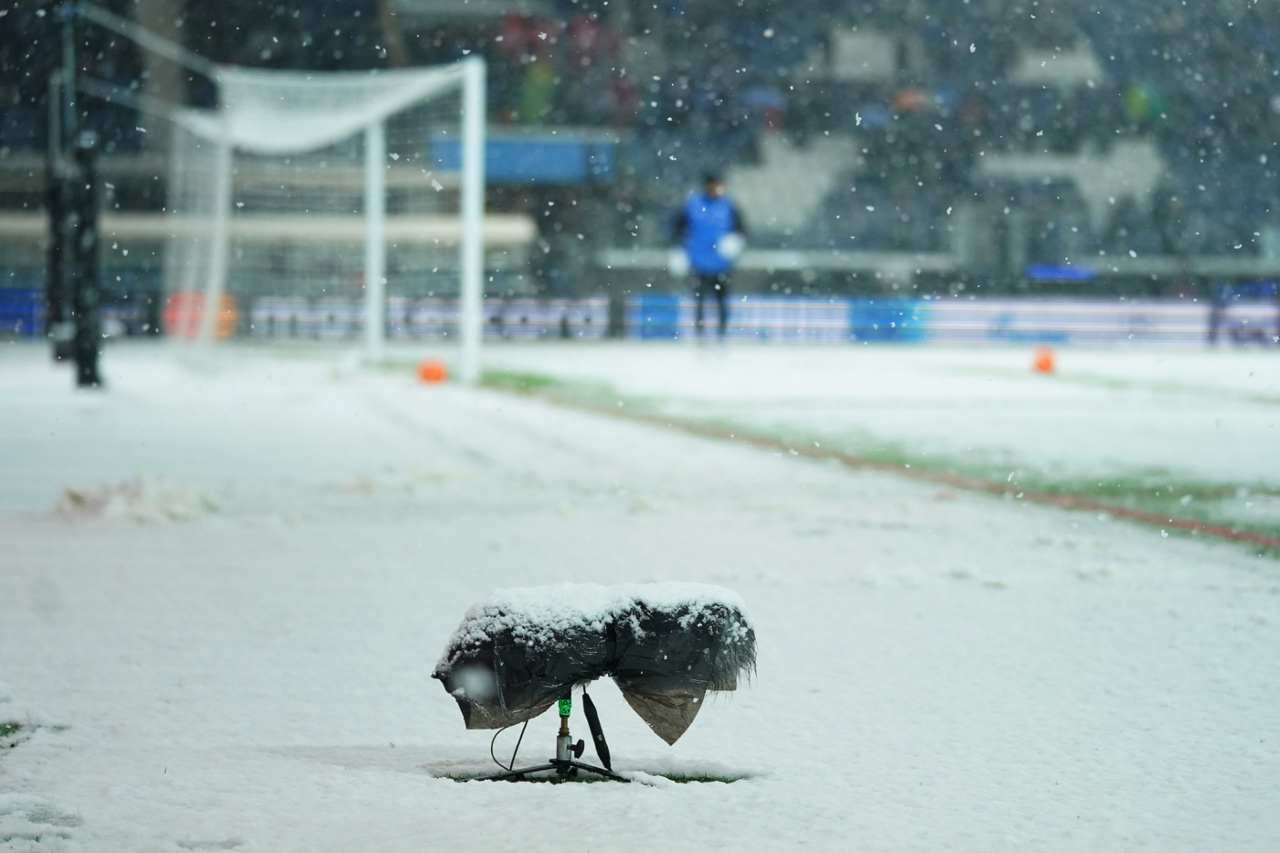Warehouse shortages? So far, we are not threatened with empty shelves, but one of the consequences of the war in Ukraine is the increased demand for some products in stationary and online stores. It is especially visible in the Lubelskie and Podkarpackie voivodeships, although multi-branch stores as well as military and survival stores are observing an increased demand throughout the country. Also for sale online. Retail chains ensure that their stores are stocked regularly and there is no need to panic. However, both Ukrainian citizens coming to our country and Poles helping refugees buy out the assortment from stores in greater than usual amounts. It’s not just about food products. Check in the gallery.
In stores near the border with Ukraine, shortly after the outbreak of the war, an increased number of transactions and greater customer demand for products, especially those with a longer shelf life, were observed.
The abolished ban on Sunday trading, which applied to two voivodeships: Lubelskie and Podkarpackie, on the one hand makes it easier to help refugees, and on the other, it obliges stores to replenish their assortment faster.
–
We follow the events in Ukraine very closely. We would like to assure you that the delivery of goods to our stores is now carried out in a standard manner and our facilities are stocked. In the areas bordering with Ukraine, we see a greater demand for food and hygiene products with a long shelf life. We have sufficient stock levels in our logistics centers, therefore the availability of goods is ensured – comments Lidl Polska
–
In the communiqué, Lidl reminds that in a gesture of solidarity with the Poles in need and the Poles helping them, the network overestimated
by 30 percent dozens of products available in shops near the border. Aldi, Kaufland and Biedronka decided to take a similar step.
–
Maja Szewczyk, director of the Corporate Communications Department of Kaufland Polska, commenting on the situation, reminds us that the network constantly monitors sales and is in constant contact with suppliers, ensuring that there are no products left on store shelves.
–
Companies that do not want to withdraw from Russia! It’s not only Lero …
–
–
Kaufland reminds about price reductions on some products:
—
![These products are disappearing from stores more and more often. Greater demand not only for food. We buy goods from online stores [2.04.2022] These products are disappearing from stores more and more often. Greater demand not only for food. We buy goods from online stores [2.04.2022]](https://d-art.ppstatic.pl/kadry/k/r/1/61/3d/62276d578eb91_o_original.jpg)
